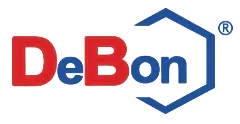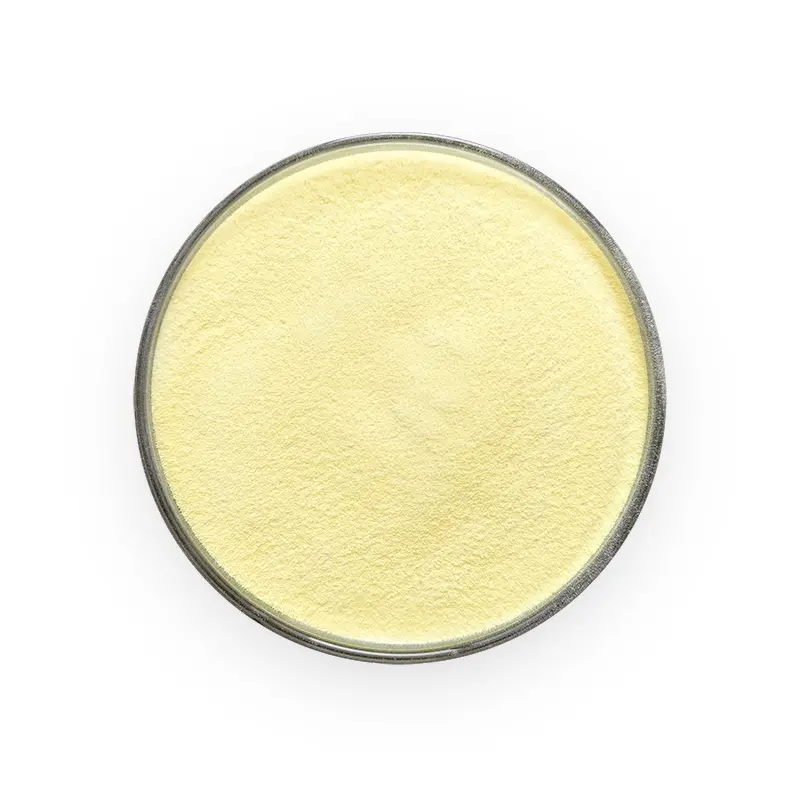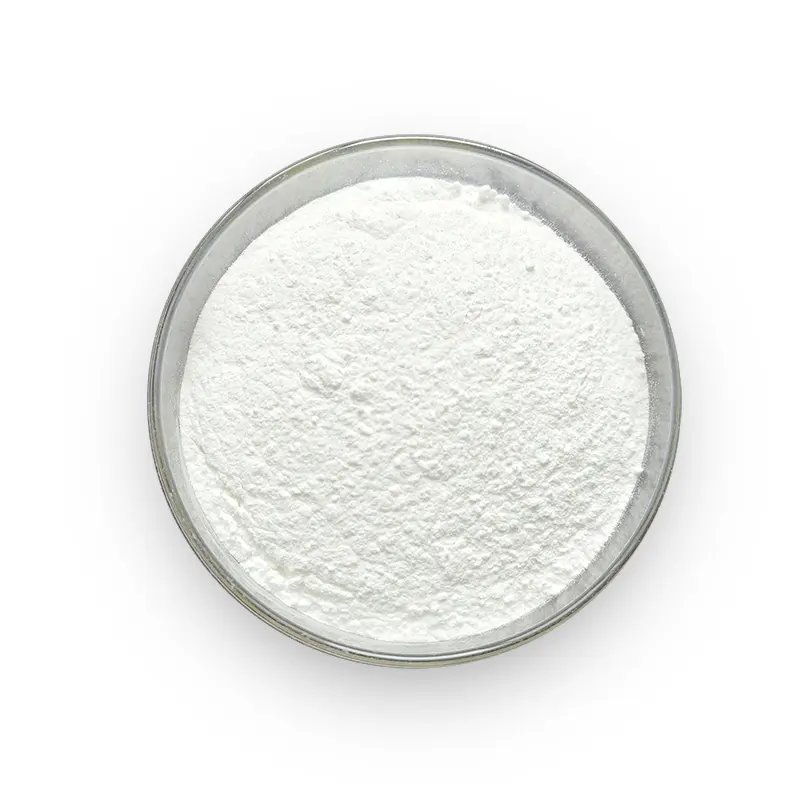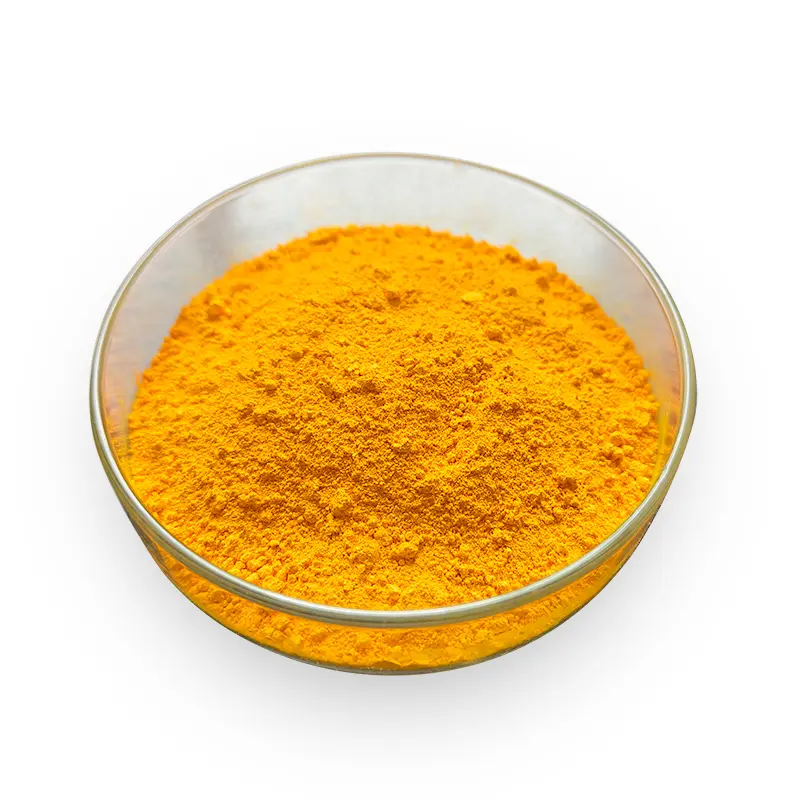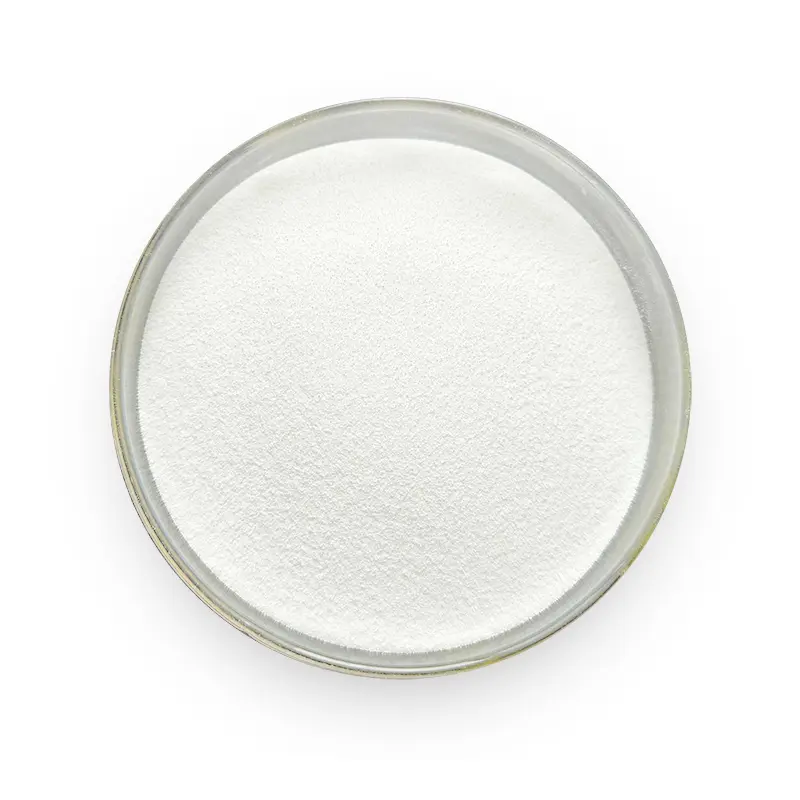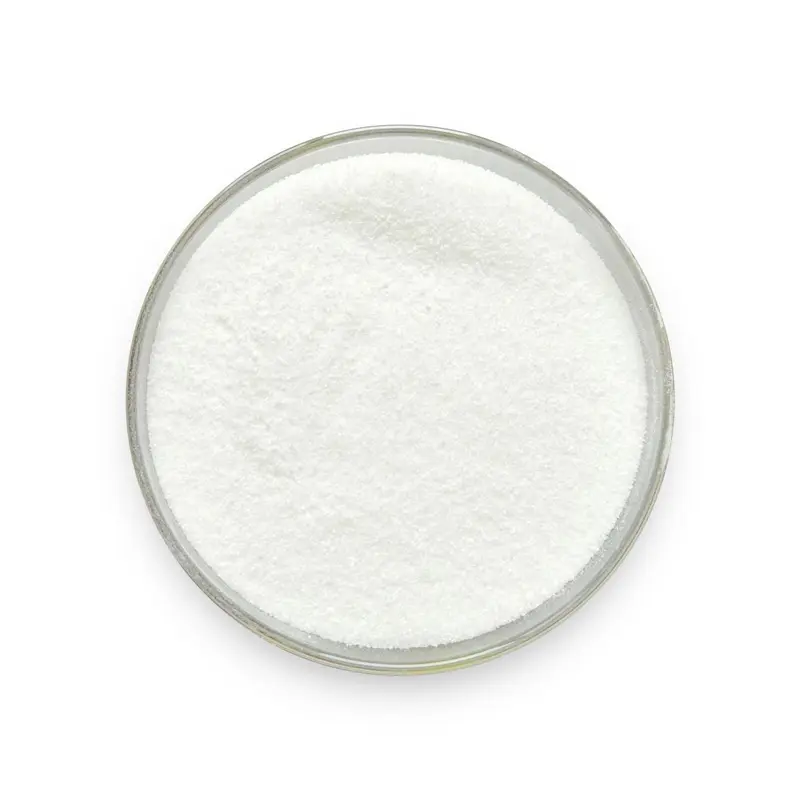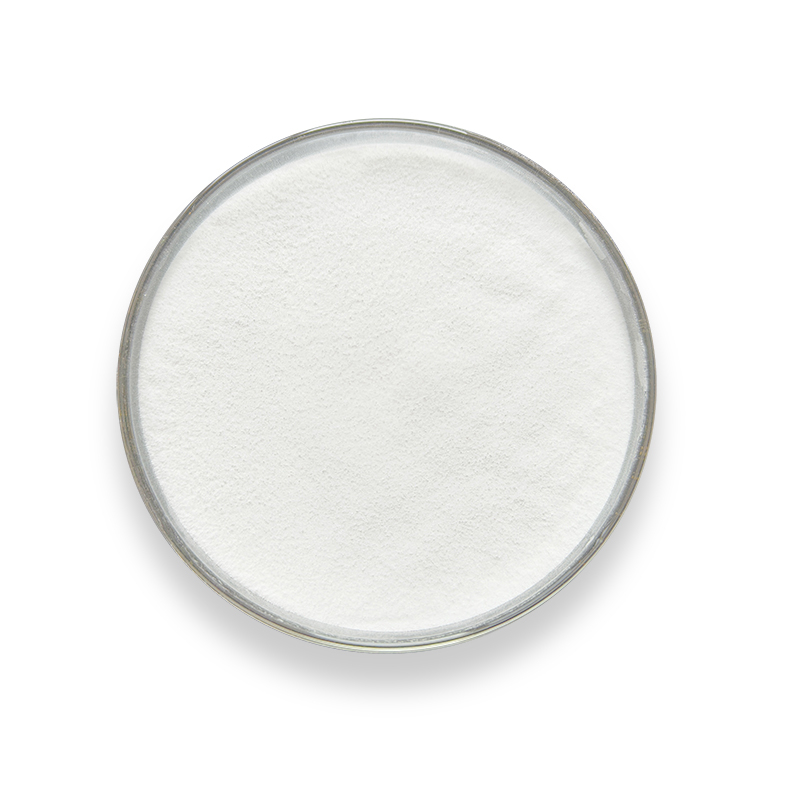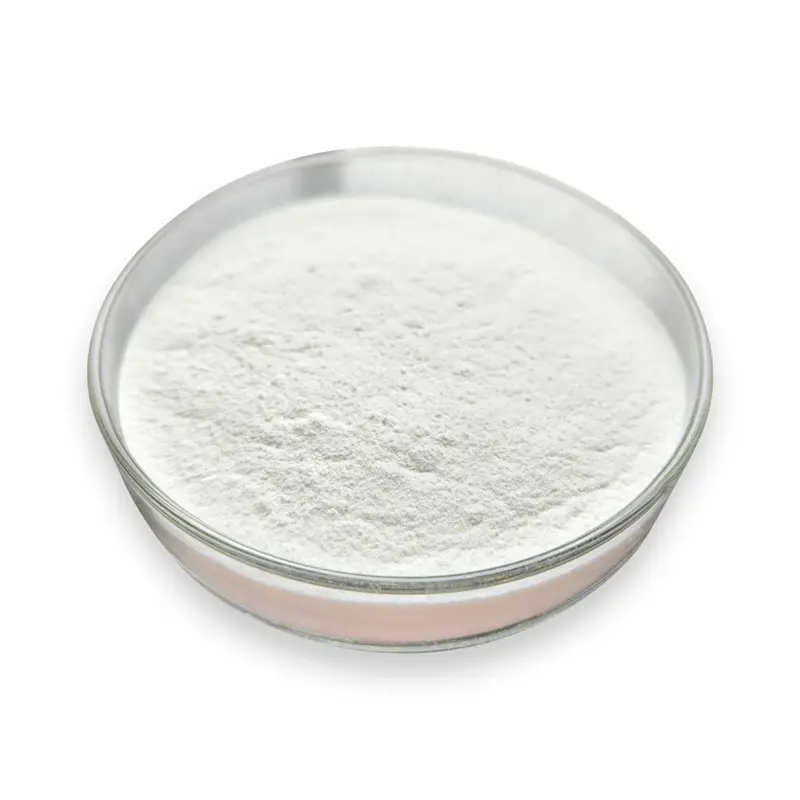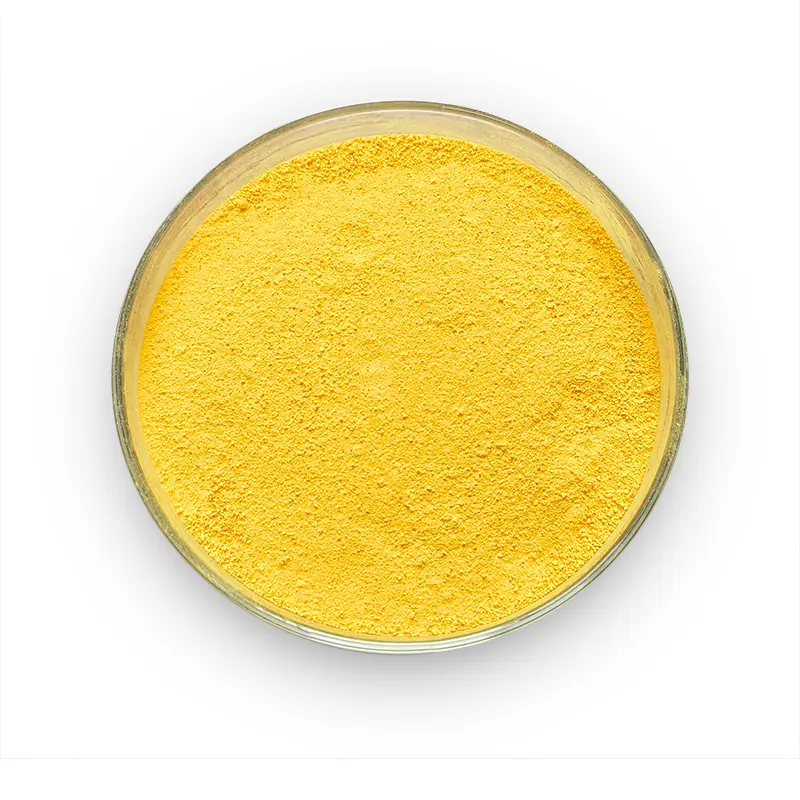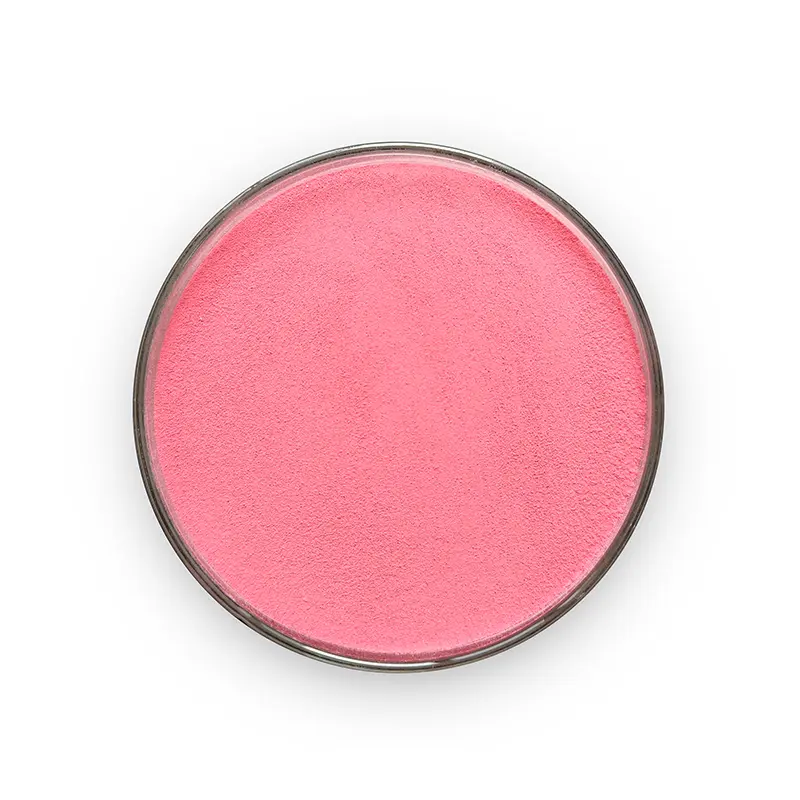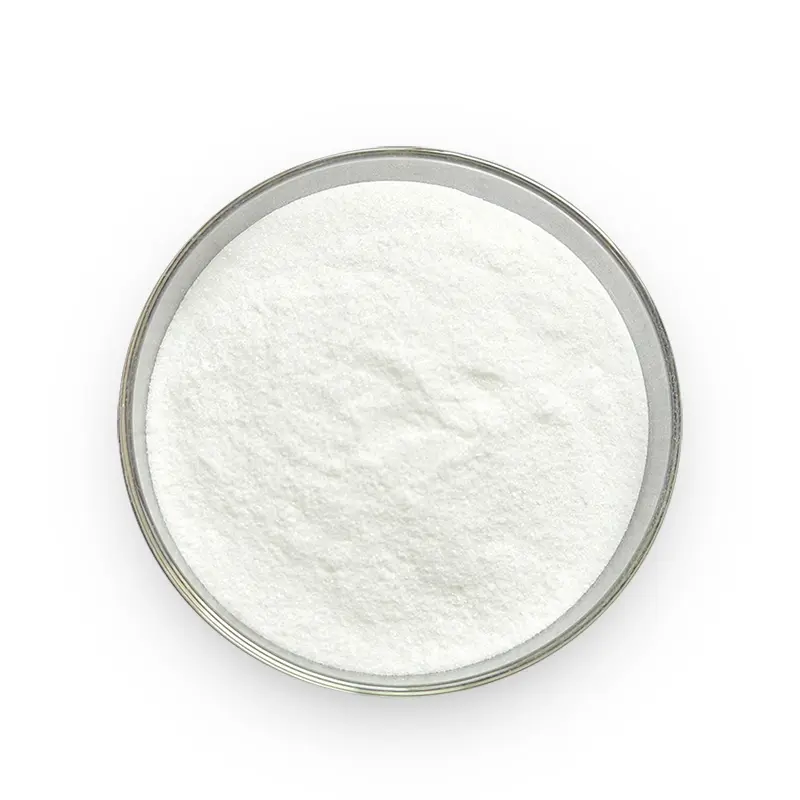DeBon Controlled-Release Copper Sulfate Pentahydrate (CuSO₄·5H₂O) Feed Additive
Product Specifications
| Product Name | Copper Sulfate Pentahydrate |
| Chemical Formula | CuSO₄·5H₂O |
| CAS No. | 7758-99-8 |
| Appearance | Blue crystalline powder or granules |
| Active Ingredient | Copper (Cu) Content: ≥24.5% (as per GB 34459-2017) |
| Physical & Chemical Indicators | Lead (Pb): ≤5.0 mg/kg
Arsenic (As): ≤4.0 mg/kg Cadmium (Cd): ≤2.0 mg/kg Water Solubility (1g/100ml): Clear solution Compliance Standards: GB 34459-2017 |
Functions
Copper Sulfate Pentahydrate is essential for:
Copper Supplementation: Critical for enzymatic functions, hemoglobin synthesis, and iron metabolism in animals.
Growth Promotion: Enhances feed efficiency, weight gain, and skeletal development in livestock and poultry.
Immune Support: Strengthens disease resistance and overall health.
Antimicrobial Action: Inhibits harmful bacteria and parasites in the digestive tract.
Storage & packing
Storage Conditions
Store in a cool, dry, well-ventilated area, protected from moisture and direct sunlight.
Keep containers tightly sealed to prevent caking or contamination.
Safety Precautions: Avoid contact with incompatible substances (e.g., strong acids, alkalis).
Packagin
Net Weight: 25 kg/bag (moisture-proof, multi-layer packaging).
Shelf Life
24 months from the production date under proper storage conditions.
Usage & Dosage
Application:
Uniformly blend into compound feed, premixes, or mineral supplements.
Recommended Dosage:
Swine: 100–300 mg/kg of feed
Poultry: 150–500 mg/kg of feed
Cattle: 200–400 mg/kg of feed
Aquatic Species: 50–200 mg/kg of feed
Note:
Adjust dosage based on species-specific copper requirements and regional regulatory limits. Avoid overdose to prevent copper toxicity.
Additional Notes
Precautions: Ensure thorough mixing to avoid localized over-concentration.
Certification: Complies with GB 34459-2017 and international feed safety standards.
product details
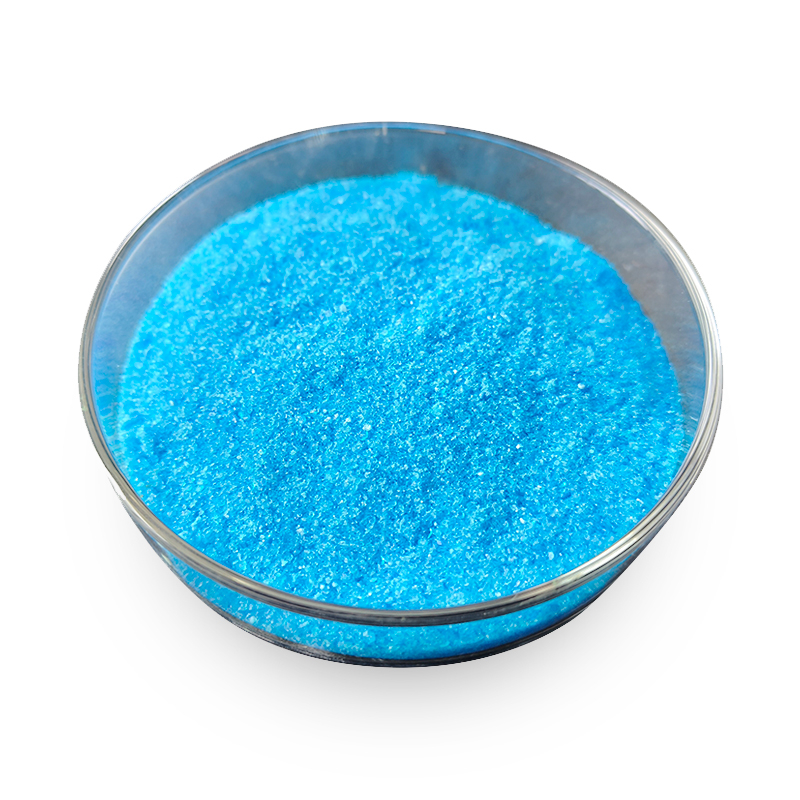
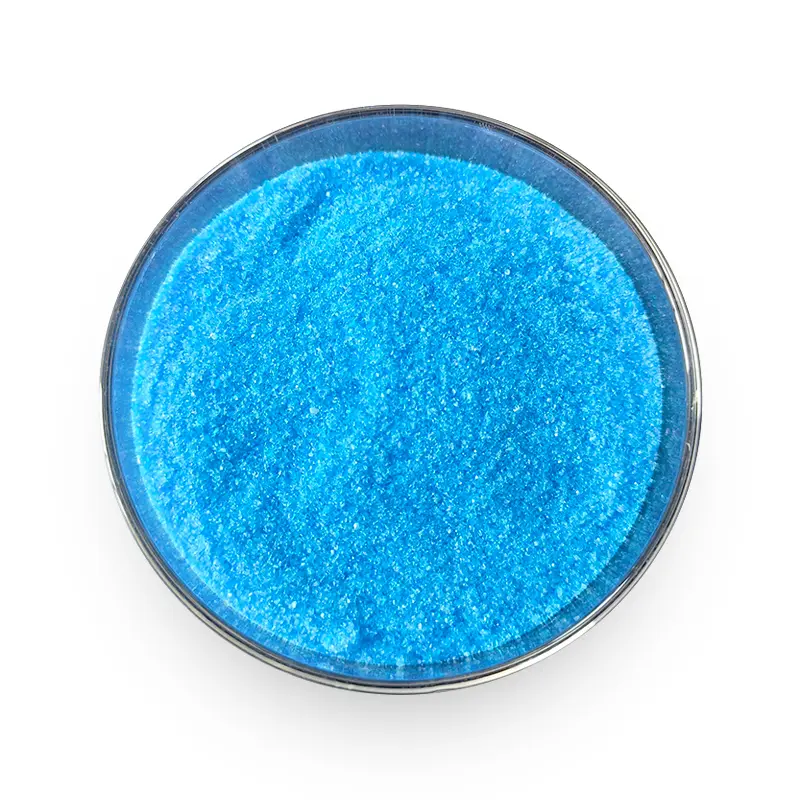
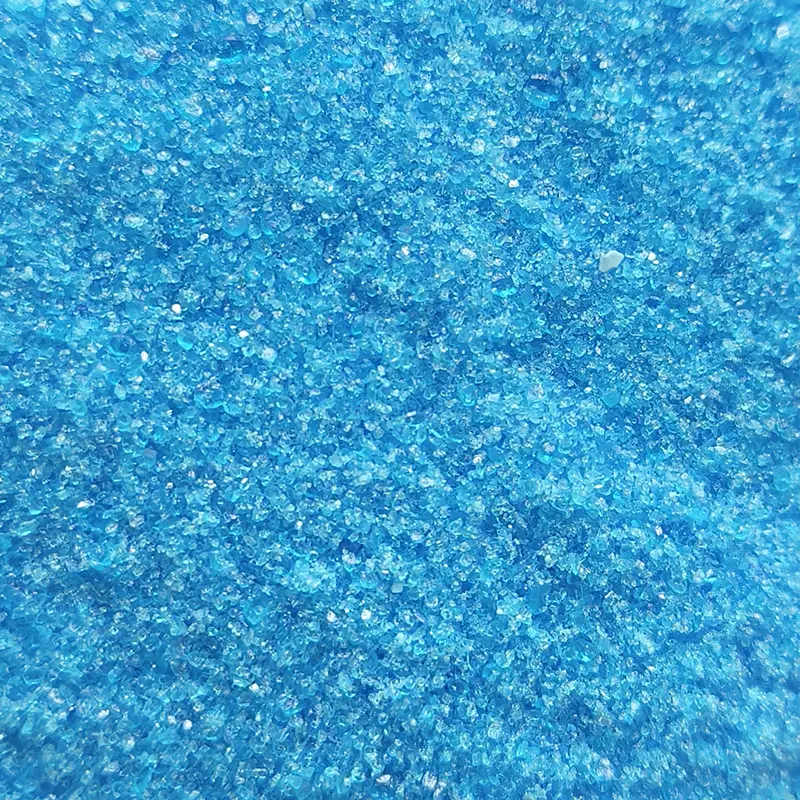
FAQs
-
1. What is the composition of this feed additive?
-
2. Why is copper critical in animal diets?
-
3:How does this compare to copper chelates?
-
4. Does it interact negatively with feed components?
